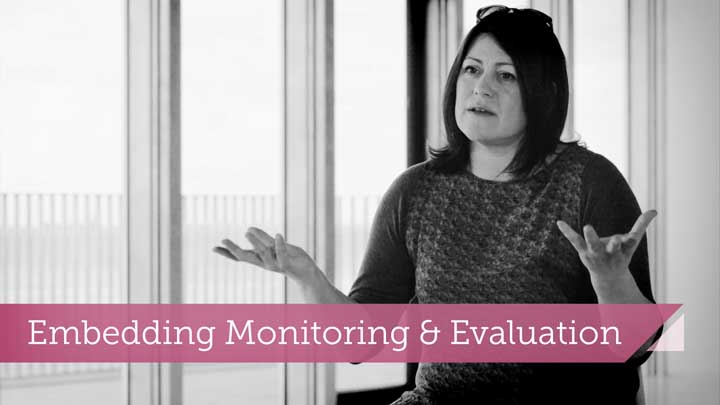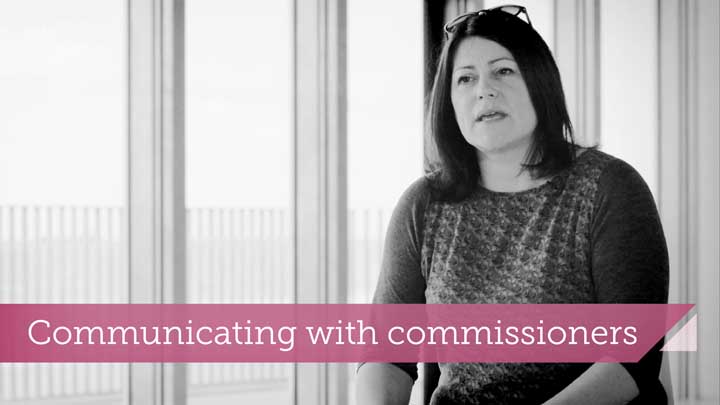A monitoring plan
Firstly, establish what is essential and what is negotiable in the monitoring requirements. If there are potentially conflicting intentions, which is the priority?

Secondly, make sure you know what will happen if you don’t fulfill the tender specification. You need to know what the commissioners’ responsibilities are in terms of payments, communications or support if things go off track.
Finally, be clear on overall and final reporting. It is much better to gather information as you go and be clear on where you need to collect numbers or narrative based on the purpose of the evidence. There might be some parts of the commissioning process that require data to be gathered regularly throughout the delivery phase. The more trusting commissioning relationships become, the more likely it is that a good balance will be struck.
Keeping going with monitoring
Generally, people don’t believe that no news is good news! As distinct from the communications plan, which celebrates and advocates, a genuine conversation about monitoring should be going on behind the scenes.
Even if the outputs are not negotiable, talk to the commissioner about risks sooner rather than later. Contract management might be new to your commissioner too and tackling risks together is much more likely to lead to a resolution you're all happy with.


